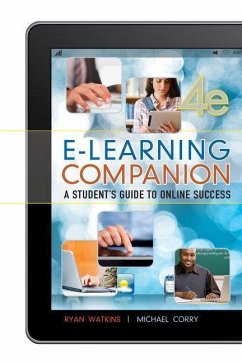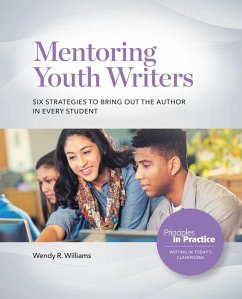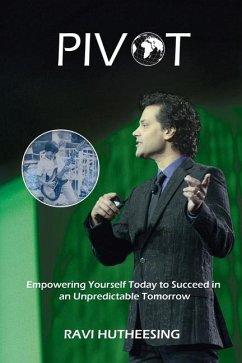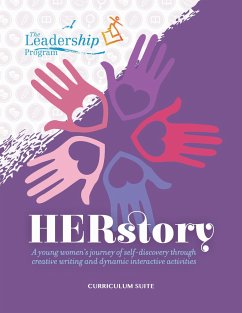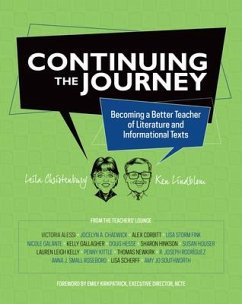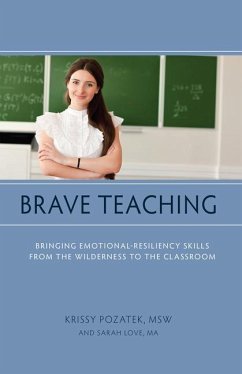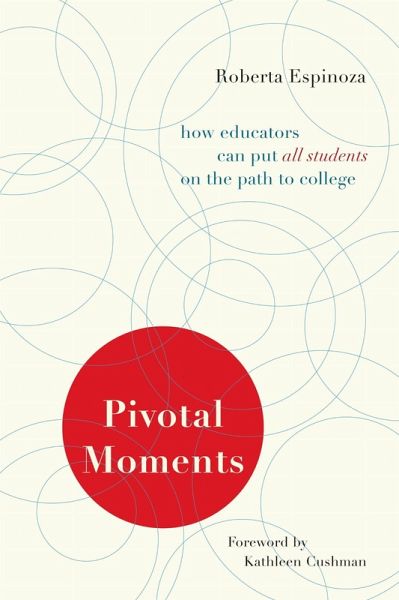
Pivotal Moments
How Educators Can Put All Students on the Path to College
Versandkostenfrei!
Versandfertig in über 4 Wochen
31,99 €
inkl. MwSt.

PAYBACK Punkte
16 °P sammeln!
For many students, making their way to higher education requires more than hard work and determination. Low-income minority students who overcome obstacles to achieve academic success have usually encountered at least one college-educated adult in their schooling who took the initiative to reach out to them and provide concrete academic guidance. In this book, sociologist Roberta Espinoza introduces the idea of “pivotal moments”—interventions that point the way toward college, particularly for students from working-class or ethnic minority backgrounds. These pivotal encounters and the re...
For many students, making their way to higher education requires more than hard work and determination. Low-income minority students who overcome obstacles to achieve academic success have usually encountered at least one college-educated adult in their schooling who took the initiative to reach out to them and provide concrete academic guidance. In this book, sociologist Roberta Espinoza introduces the idea of “pivotal moments”—interventions that point the way toward college, particularly for students from working-class or ethnic minority backgrounds. These pivotal encounters and the relationships that spring from them can help students accumulate procedural knowledge about attending college (cultural capital) and interpersonal support (social capital). Pivotal Moments introduces a diverse group of students whose experiences highlight how teachers, counselors, academic outreach professionals, and professors can help students circumvent the barriers they encounter in attaining school success. It shows how the timing, duration, and impact of pivotal moments can redirect students’ educational trajectories. The book also translates the theory of pivotal moments into concrete practices that educators at all levels can use to intervene more effectively in the lives of working-class minority students.




